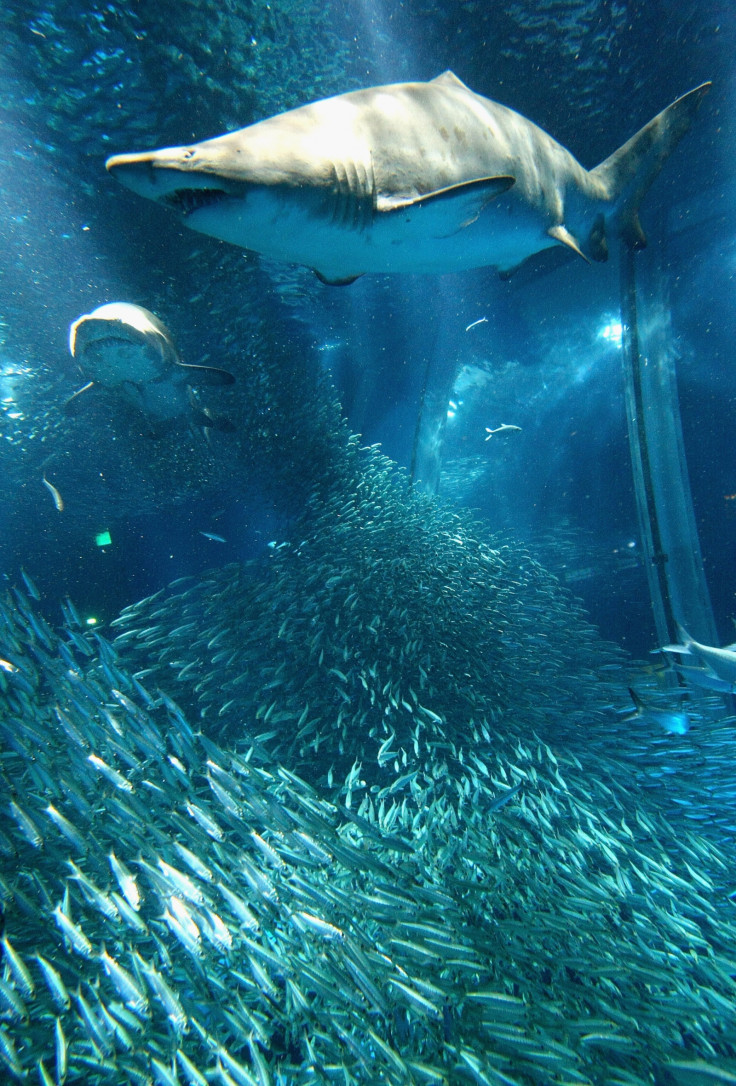Incredibly rare intersex shark with both male and female sexual organs found in latest discovery
At first, the shark looked like a fully grown male with a developed pair of penis-like appendages.

A 50-centimetre long shark discovered with both male and female sexual organs off the coast of Taiwan is believed to be a rare example of the intersex variant of the species.
Unlike fishes, for whom the ability to change from male to female and vice versa for the sake of reproduction is not uncommon, it's quite a rare phenomenon for sharks and rays. Considering that sharks are born with either male or female organs, the latest discovery makes the intersex shark the first of its species and amongst a handful of its kind.
"I've caught literally thousands of sharks myself, and I've never seen [one]," Carl Meyer, a marine biologist at the University of Hawaii said, explaining that intersex sharks are incredibly rare.
Measuring almost half a metre and weighing only 0.79lbs, the Pacific spadenose shark was caught by fishermen in the southern Taiwan Strait in January this year.
At the time, the shark looked like a fully grown male shark with a developed pair of claspers, which are penis-like appendages extending from the pelvic fin. However, upon internally examining the predator it was found that the shark had gonads containing both ovarian and testicular tissue, as well as male and female reproductive tracts.
After being caught in a fishing trawl, the intersex shark landed at Xiamen in China earlier this year, where a team of scientists from the Xiamen University conducted further examination.
In this rare find, scientists later uncovered viable germ cells of both sexes – which means the shark could have potentially functioned as either sex.
Intersex sharks:https://t.co/0hUxHjYwmS#shark
— Hakai Magazine (@hakaimagazine) December 28, 2017
While having both fully developed male and female reproductive organs makes the latest find a rare case of shark intersexuality, it's still doubtful if intersex sharks are able to use both the organs for reproduction.
According to Meyer, researchers have never seen an intersex shark carrying a live embryo in its uterus. Neither have they ever documented an intersex shark impregnating a female in captivity.
However, there's still a lot to know about shark reproduction.
"They can give birth without mating – like virgin birth," Chris Lowe, a marine biologist at California State University told Hakai magazine, explaining reproduction in elasmobranchs subclass.
"The question is: why?" he says, "We just don't know enough about shark biology to be able to answer those questions," suggesting that intersexuality might be related to some sharks' ability to give birth to a clone.





















